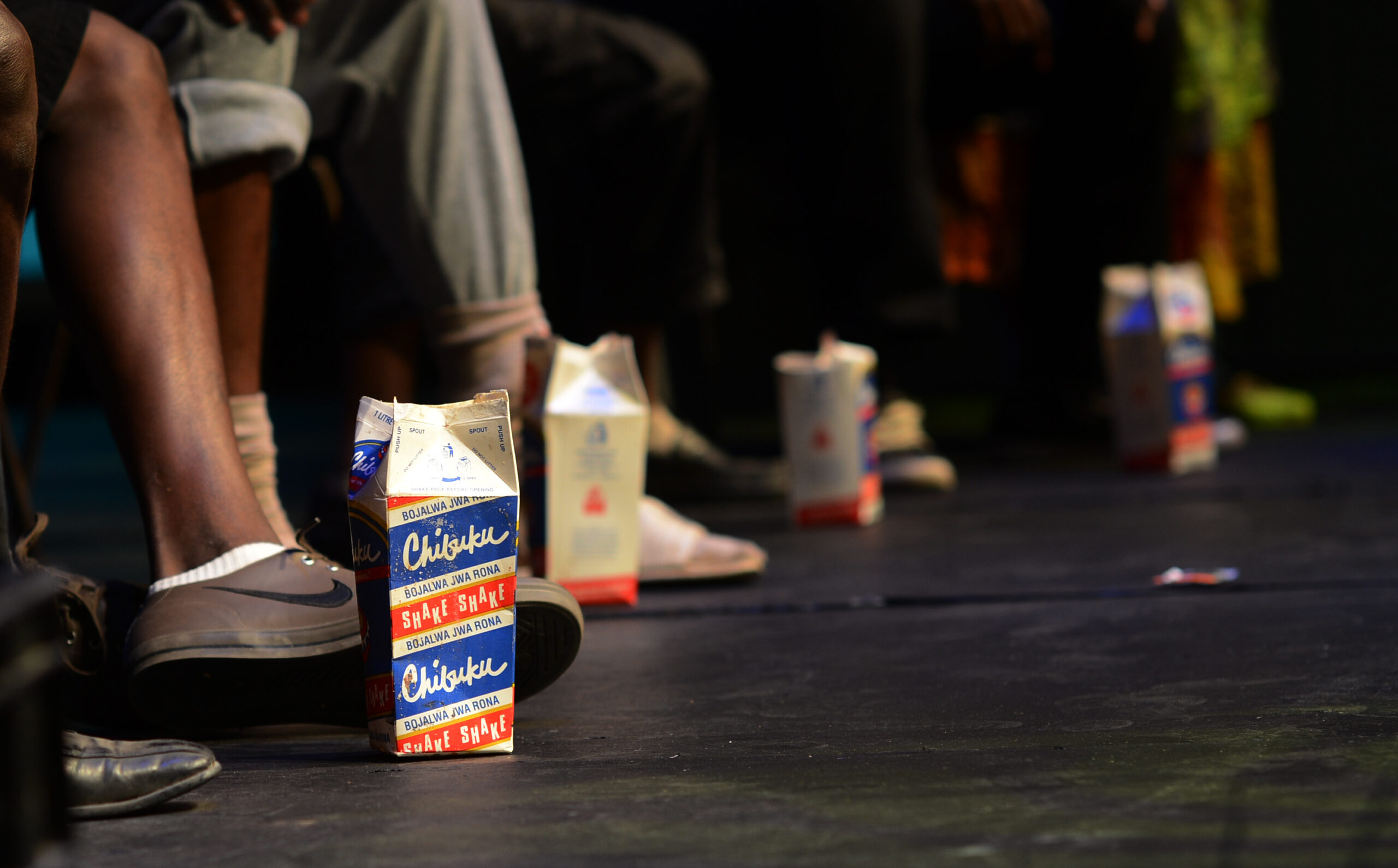- Says shebeens are a mainstay for many in the high density township
- Alcohol association says finding a workable solution is of the essence
LAONE MOLELO
Kgosi Oageng Mosole of Old Naledi in Gaborone is worried that more and more families will break up as a result of financial stress, should the ban on alcohol remain in force. Speaking to The Botswana Gazette this week, Kgosi Mosole said although the virus has affected the entire nation, the situation in his community is worse because most people run shebeens while others depend on menial jobs for their livelihoods.
“People of Old Naledi sell alcohol for a living,” he emphasized. “Their lives have literally stopped because of the ban on alcohol. They have nothing to put on the table.”
The Chairperson of Old Naledi Traditional Alcohol Association, Mavis Magongwa, echoed the sentiments of her Kgosi, saying the ban on alcohol has dampened the people’s spirits. Mogongwa said people had hoped things would be different this year after the bans on alcohol last year.
“We sustain our families with the little money that we make from selling alcohol,” she noted. “We are sorrowed because government is not extending any relief to us.”
Meanwhile, the Chairman of Botswana Alcohol Industry Association (BAIA), Mothusi Molokomme, has said the situation is “unpleasant” across the sector because liquor traders have resorted to slashing salaries while some employees have been forced into unpaid leave. “We are currently in discussions with government to look into various options to return to safe trading,” Molokomme said.”We even had a meeting with government officials this past week.”
Although the infection rate of COVID-19 has risen in Botswana, the government could stick to permitting off sales for drinking at home, he suggested. “We are engaging,” he said. “Unfortunately, the engagements are taking long to find a workable solution.”
A liquor trader in Francistown, Oarabile Moses, told The Botswana Gazette that he will soon be forced to shut his business down completely as he cannot sustain operations.
“Government is mum regarding how to help us stay afloat, yet they expect us to continue paying staff. That is impossible,” said Moses.
An economist with First National Bank Botswana (FNBB), Gomoleno Basele said the liquor sector should expect a contraction when comparisons between the first quarter of last year and the first quarter of this year are made.
Basele said unlike this year, before the countrywide lockdown in the first quarter of last year the alcohol industry was able to generate enough revenue to sustain operations. He noted that the country’s biggest beer maker, Kgalagadi Breweries Limited (KBL), for instance, will find it difficult to maintain operations with zero sales and salaries to pay.
“There is need for social support but government at the same time is finding itself in a tough situation whereby their usual revenue streams have yielded little after diamond sales slumped last year,” said Basele. He added that staff retrenchments in the alcohol industry are unavoidable as businesses are struggling to cope.
“Government is now having to find ways to bridge the revenue gap to finance some of the initiatives that they are bringing out, one such way being what they did with increasing taxes,” said the economist. “They have also sought other avenues to raise funds, two potential ones being to approach the domestic debt market and development fund institutions.”

